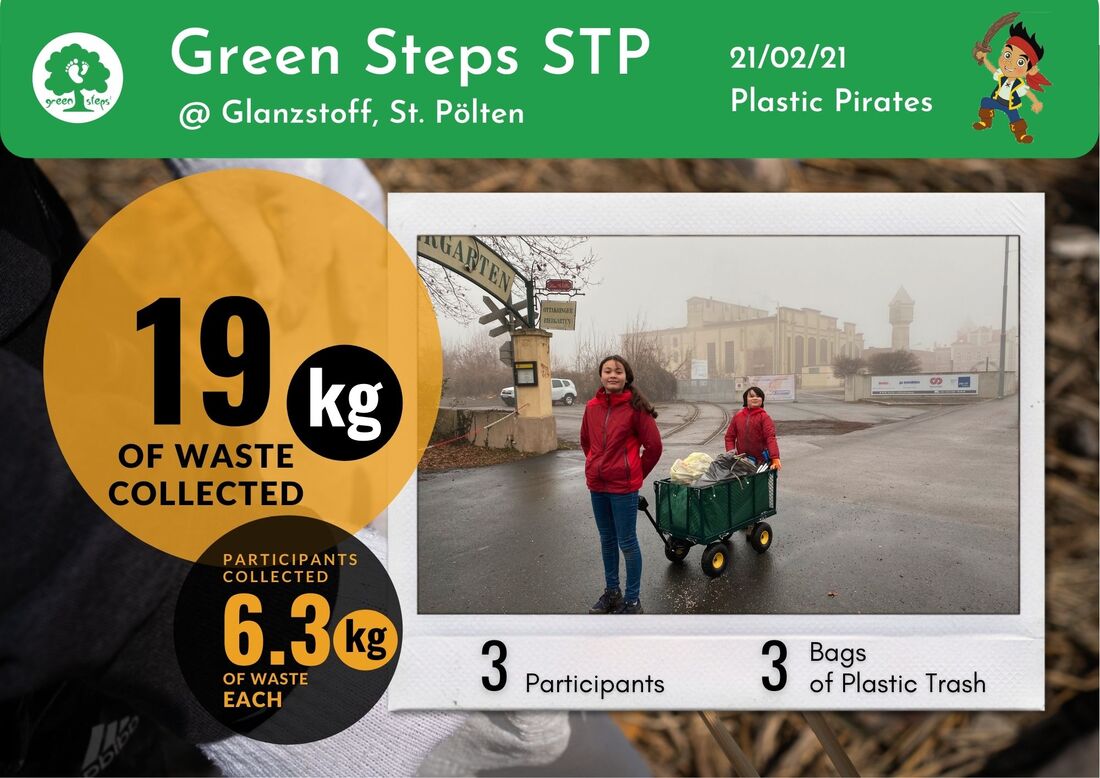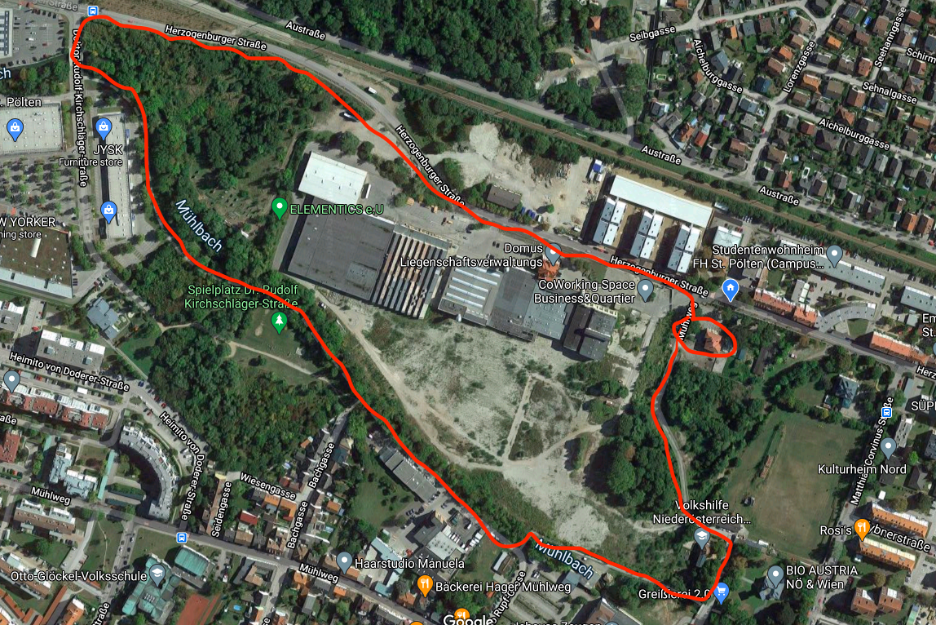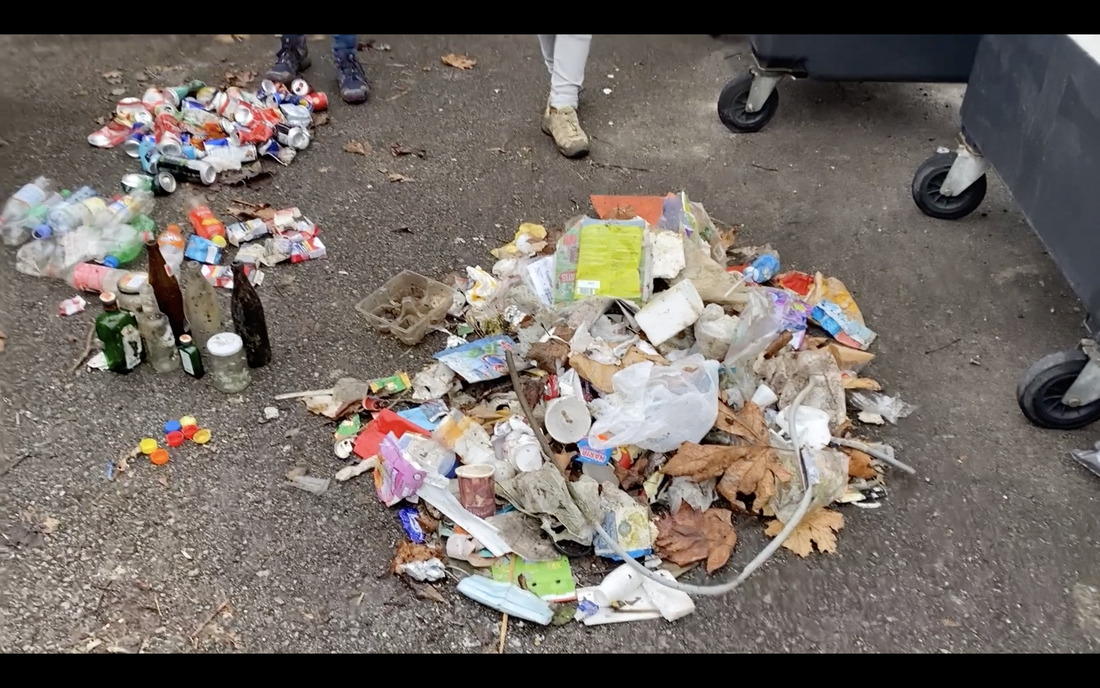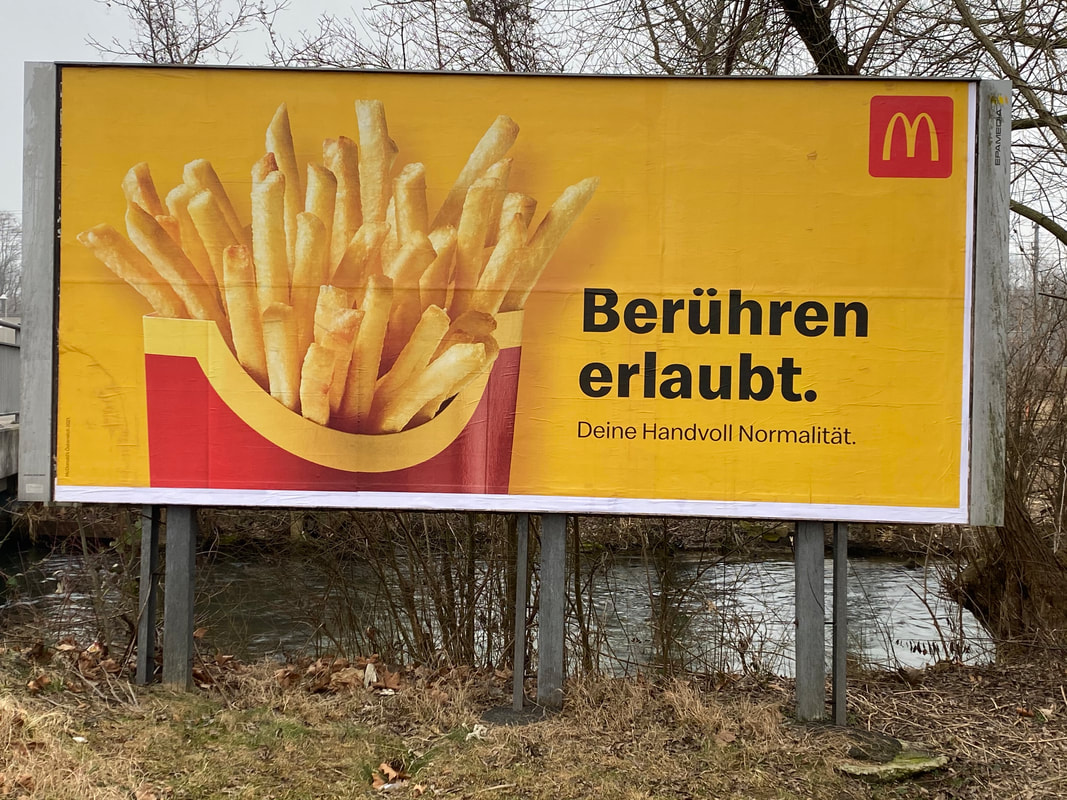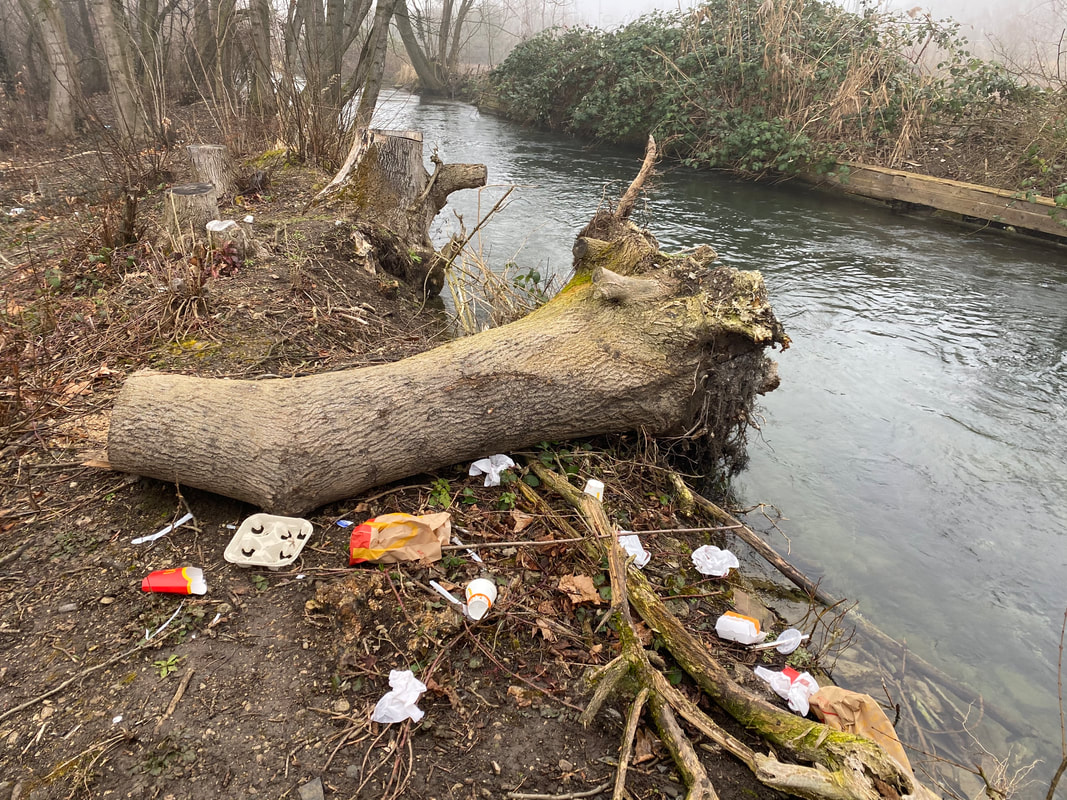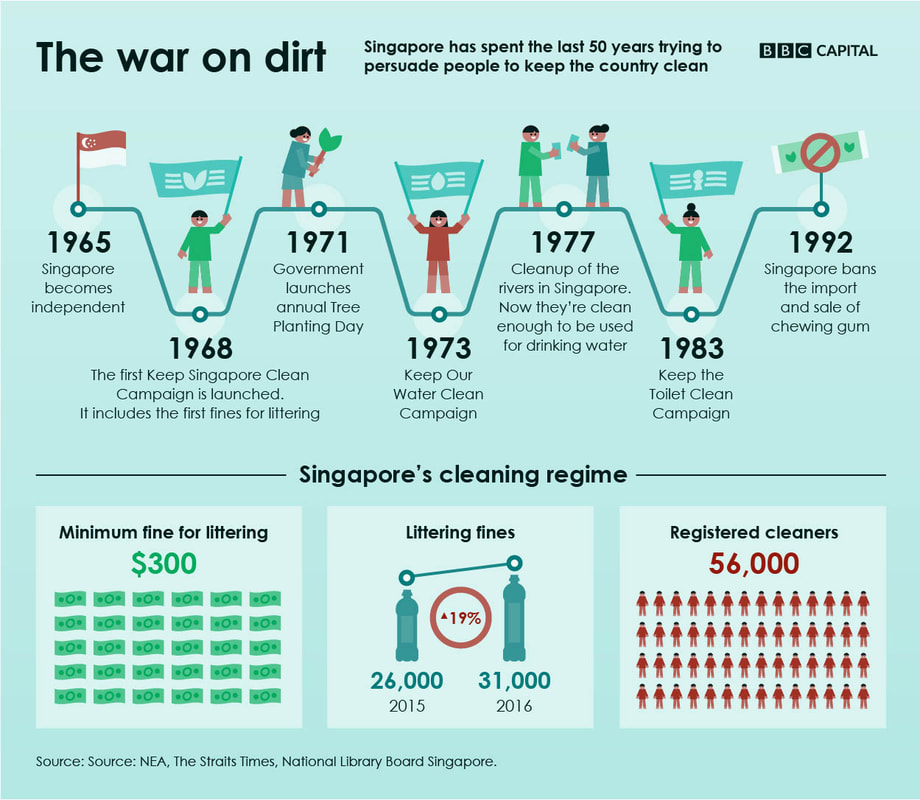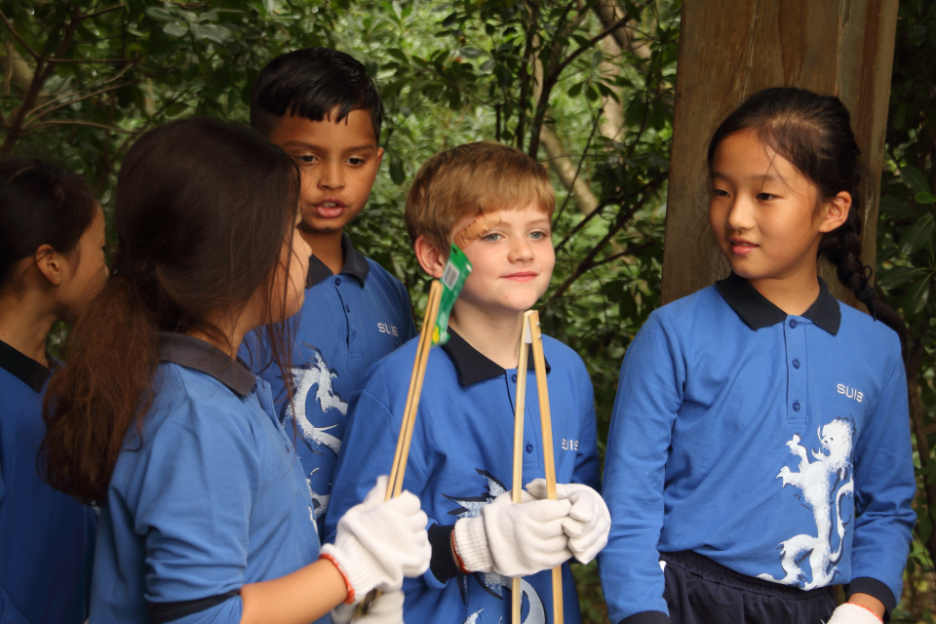I had imagined Austria differently. At least I remembered it differently. Clean. Neat. Close to nature. I was abroad for 20 years. Now I'm back in this country with my children and I'm disappointed and worried at the same time. Disappointed about the state of nature in St. Pölten and the surrounding area. Concerned about the apathy with which this condition is met and about the smoldering anger I see in conversations with native residents.
Austria has turned in relative terms and not taking into consideration countries places like UAE or Luxembourg into one of the top 5 global immigration nations after Australia and Sweden, but before Germany or the United States. In cities like STP one third of residents have a migration background. A clash of cultures is underway, which will exacerbate with population growth and climate crisis caused migration for the years to come. The waste we see in nature is a physical manifestation of this brewing tension.
I have been collecting rubbish for 10 years. It all started with a vacation in the Philippines on the island of Boracay, where I had to surf my kiteboard on a beach polluted by tourist sewage. No fun. At first there was just disappointment, but then the decision quickly came to have to contribute something myself. A few years later, the island was completely closed to tourism due to an ecological mega-disaster, but I had made the habit of collecting rubbish for one day of my vacation and thus giving something back to my host country.
For the past three years I've been hunting rubbish once a month, no matter where I am, and I think a lot about the future of work and education. My wife is still irritated, but the children like to be there when we run new routes. In St. Pölten, too, we wanted to get to know a new route on Sunday, because I had believed that three cleanings around the gloss fabric would be sufficient. In addition, shortly after our January mission, the municipal waste service thoroughly disposed of the rubbish along Herzogenburgerstrasse.
Dealing with rubbish is perhaps not a pleasant but incredibly formative process. On several levels. Physically, on a Plastic Pirates tour, I bend down at least 200 times and have completed a healthy workout in fresh air. Emotionally speaking, it feels good to free a piece of our planet from surface pollution - after such an activity dinner tastes better and I sink satisfied into the sofa, grateful for a day filled with purpose.
You also think about all kinds of things. What kind of rubbish is out there? Which people throw it away so carelessly? What's going on in their minds? What does the beaver that we finally got to see think when he's living among plastic trash? How can one counteract this human apathy and also aggression? What does it take to create more respect for public goods in a society?
Then there are a substantial number of cigarette packs. I didn't realize that so many people still smoke. With the cigarette butts around the benches, you could definitely fill another two big waste bags. This should be done at some point, because nota bene: one cigarette butt contaminates 40 liters of good drinking water. About a third of the residual waste comes from McDonalds. This company is currently advertising far beyond the boundaries of freedom of expression with “Touching allowed. Your handful of normality. ”Throwing away properly is also allowed and is part of normality.
After years in the automation industry, I am at least aware that our industrial companies produce packaging extremely efficient with robots and automated assembly lines. However, garbage that we throw into nature in a disorderly manner will still have to be collected by human hands in the coming years. There are no suitable machines for this yet. So if we don't want to run the risk of suffocating in our own rubbish, as shown in the Pixar film Wall-E, then we have to take appropriate measures now.
These measures can quickly be traced back to the topic of motivation. Why do we behave as we would expect others to do? Why do we even behave in a certain way? Is it our own ideals and standards or is it the standards of others and society that lead us to do things or not to do them?
Modern people are self-sufficient and are no longer interested in what others think of them as long as they have found favor on facebook or instagram. Modern society withdraws more and more from the important questions. One lives plurality in every respect. Sexual behavior. Consumer behavior. Disposable Habits. Just do it.
The result is a disoriented youth, paralyzed teachers, apathetic parents and cultural weakness. What does it actually mean to be from here? To be entitled to dispose one's garbage in nature or to take responsibility for this place and to free nature from garbage? How long does a form of coexistence work that does not establish basic behavioral norms and creates positive incentives to obey to them?
Classical Confucianism was a child of need - and as such gave answers to the question of how distribution struggles can be resolved bloodlessly and how forms of close proximity can be designed as conflict-free as possible. In a sign of diminishing options and increasing constriction, it could once again prove to be a refuge and advisor! Globalization would then unfold the other way around, namely from east to west!
A comparison with the city-state of Singapore, in which about as many people live as in Austria, comes to mind. Since 1968, citizens have been educated there to keep their land clean, not only with gentle instructions, but with hefty fines of at least 300 Singapore dollars. Over 56,000 people are registered as voluntary garbage collectors and support the government in its efforts to make Singapore a model country. Retirees in particular like to meet in groups and roam the area like the raping Huns.
In Singapore, both forms of motivation have worked together to improve the environmental situation. On the one hand, high fines are an extrinsic motivation to dispose of nothing wildly, on the other hand, the groups that like to meet repeatedly to collect rubbish are an opportunity to socialize and do meaningful activity instead of being lonely at Netflix and McDonalds at home.
With Plastic Pirates, a format that we developed three years ago in Shanghai, we are trying the path of intrinsic motivation and especially invite children and families to take on “stewardship” for a small part of our planet in a playful way. Our participants are made up in a warlike manner and receive an eye patch with which it is all the more difficult to operate the gripper in such a way that something is actually transported into the common garbage bags.
Green Steps combines best practices from alternative pedagogy and the latest learning psychology to improve the learning outcome and experience of the participants. Children form small pirate crews and fill garbage bags that are weighed on electronic scales. In an opening group, children learn about the different types of rubbish in general and plastic in particular.
We use storytelling and object manipulation as a method to strengthen long-term memory and establish healthy habits. The contents of all garbage bags are sorted together and each child takes an object and tells a story in a reflection circle about how it ended up in nature. Events like Plastic Pirates are organized in neighborhoods with a high percentage of residents with a migrant background. Children learn in a playful way to respect the environment and to have fun as a group.
Interested? Take a look at our event platform and become a pirate! Crew recruiting every third Sunday of the month.
[2]Oskar Weggel, China im Aufbruch: Konfuzianismus und politische Zukunft
[3]https://www.bbc.com/worklife/article/20181025-the-cost-of-keeping-singapore-squeaky-clean
